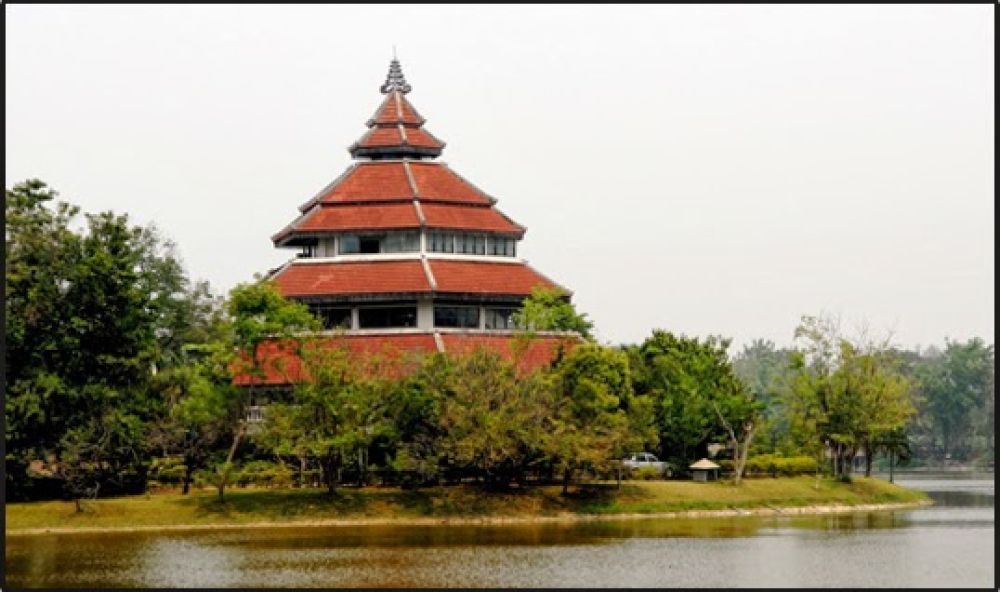

The Rangamati Tribal Cultural Institute is a centerpiece of the cultural landscape in Rangamati, Bangladesh. It stands as an emblem of the indigenous heritage and offers visitors a unique glimpse into the lives and traditions of the tribal communities in the Chittagong Hill Tracts region. The institute was established with the aim of preserving and promoting the diverse cultural traditions of the various ethnic groups in the area, such as the Chakma, Marma, Tripura, and others.
The history of tourism in Rangamati is intertwined with the enchanting appeal of its natural beauty and the rich cultural tapestry of the tribal communities. Tourists began flocking to this idyllic district in the 1970s after the completion of the Kaptai Dam, which created the stunning Kaptai Lake and made the region more accessible. The Rangamati Tribal Cultural Institute has been instrumental in drawing both local and international tourists eager to learn about the region's indigenous cultures.
Visitors to the Rangamati Tribal Cultural Institute can explore a range of exhibitions showcasing traditional tribal clothing, musical instruments, weaponry, and handicrafts. The institute also offers cultural performances and workshops that provide a deep dive into the tribal ways of life. The establishment of this institute not only serves educational purposes but also fosters cultural understanding and appreciation among people from different backgrounds.
In recent years, sustainable and ecotourism have become significant trends in the Rangamati region. Tourists are increasingly interested in experiences that are environmentally friendly and support local communities. This includes homestays with tribal families, guided tours by local experts, and purchasing authentic, handcrafted products directly from artisans. The Rangamati Tribal Cultural Institute supports these trends by empowering tribal communities to share and sustain their cultural legacy while benefiting economically from tourism.
Reflecting on the role of the Rangamati Tribal Cultural Institute in Bangladesh's tourism, it becomes apparent that it plays a pivotal part in not just preserving the indigenous cultures but also in broadening the experiences of tourists who visit. The institute continues to adapt to the evolving interests of travelers while staying true to its mission of cultural conservation. As the world moves towards more mindful travel experiences, the Rangamati Tribal Cultural Institute stands as an example of tourism that respects and celebrates cultural diversity and history.